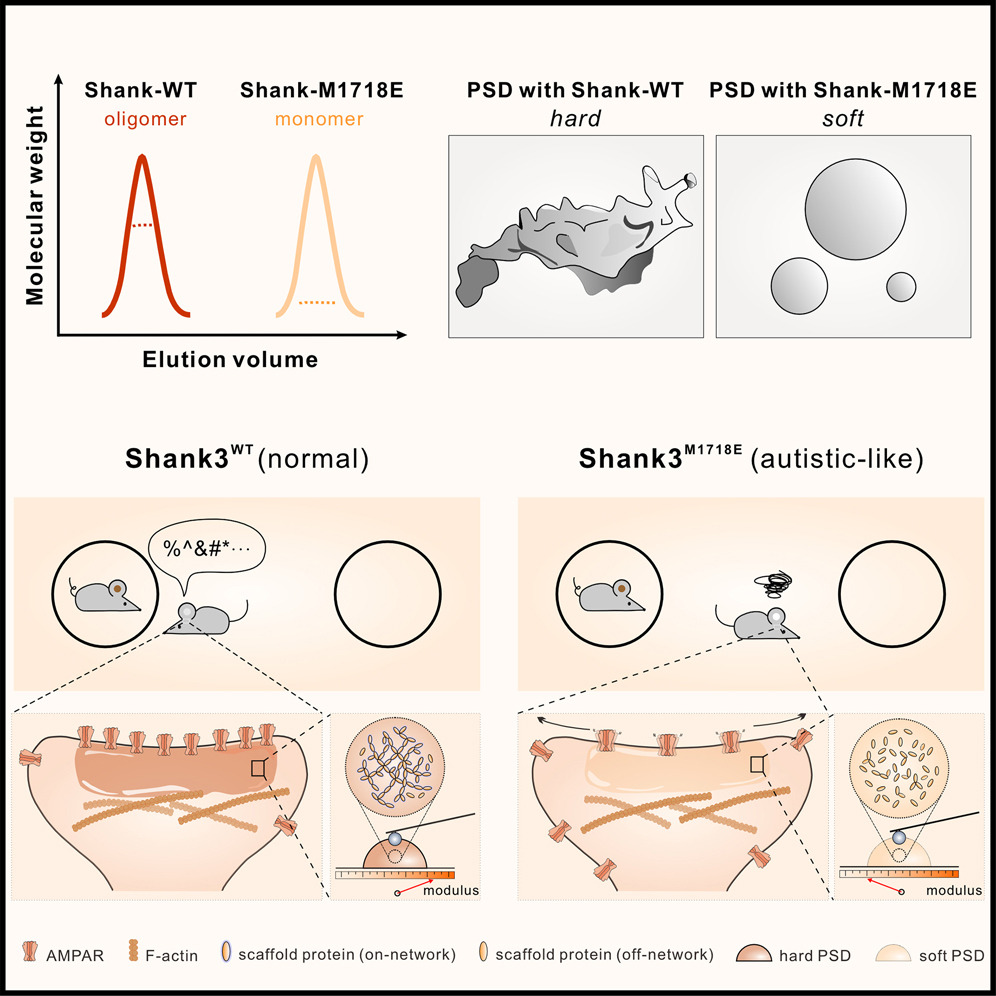Secreted histidyl-tRNA synthetase splice variants elaborate major epitopes for autoantibodies in inflammatory myositis
2014.07.11Zhou, J. J., Wang, F., Xu, Z., Lo, W. S., Lau, C. F., Chiang, K. P., Zhang, M., ... & Schimmel, P. (2014). Journal of Biological Chemistry, 289(28), 19269-19275.
Inflammatory and debilitating myositis and interstitial lung disease are commonly associated with autoantibodies (anti-Jo-1 antibodies) to cytoplasmic histidyl-tRNA synthetase (HisRS). Anti-Jo-1 antibodies from different disease-afflicted patients react mostly with spatially separated epitopes in the three-dimensional structure of human HisRS. We noted that two HisRS splice variants (SVs) include these spatially separated regions, but each SV lacks the HisRS catalytic domain. Despite the large deletions, the two SVs cross-react with a substantial population of anti-Jo-l antibodies from myositis patients. Moreover, expression of at least one of the SVs is up-regulated in dermatomyositis patients, and cell-based experiments show that both SVs and HisRS can be secreted. We suggest that, in patients with inflammatory myositis, anti-Jo-1 antibodies may have extracellular activity.
- Recommend
-
2025-10-22
IQSEC2/BRAG1 may modulate postsynaptic density assembly through Ca2+-induced phase separation.
-
2025-08-22

Shank3 oligomerization governs material properties of the postsynaptic density condensate and synaptic plasticity.
-
2025-08-21
Modulating synaptic glutamate receptors by targeting network nodes of the postsynaptic density condensate.
-
2025-08-19
Current practices in the study of biomolecular condensates: a community comment.
-
2025-06-10
Phase separation instead of binding strength determines target specificities of MAGUKs.

